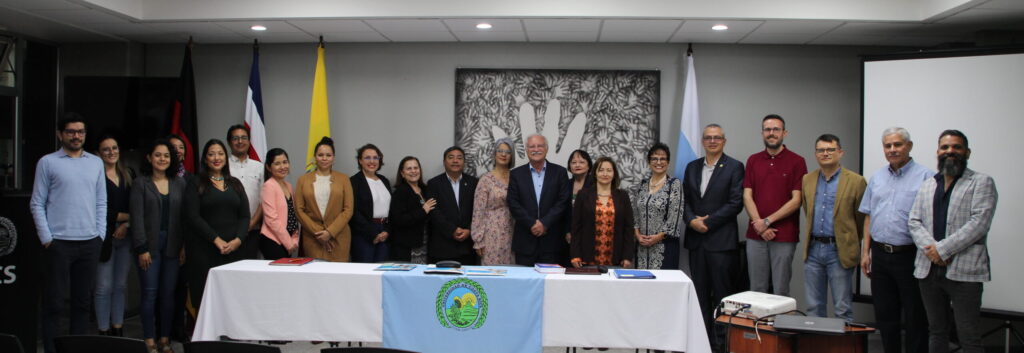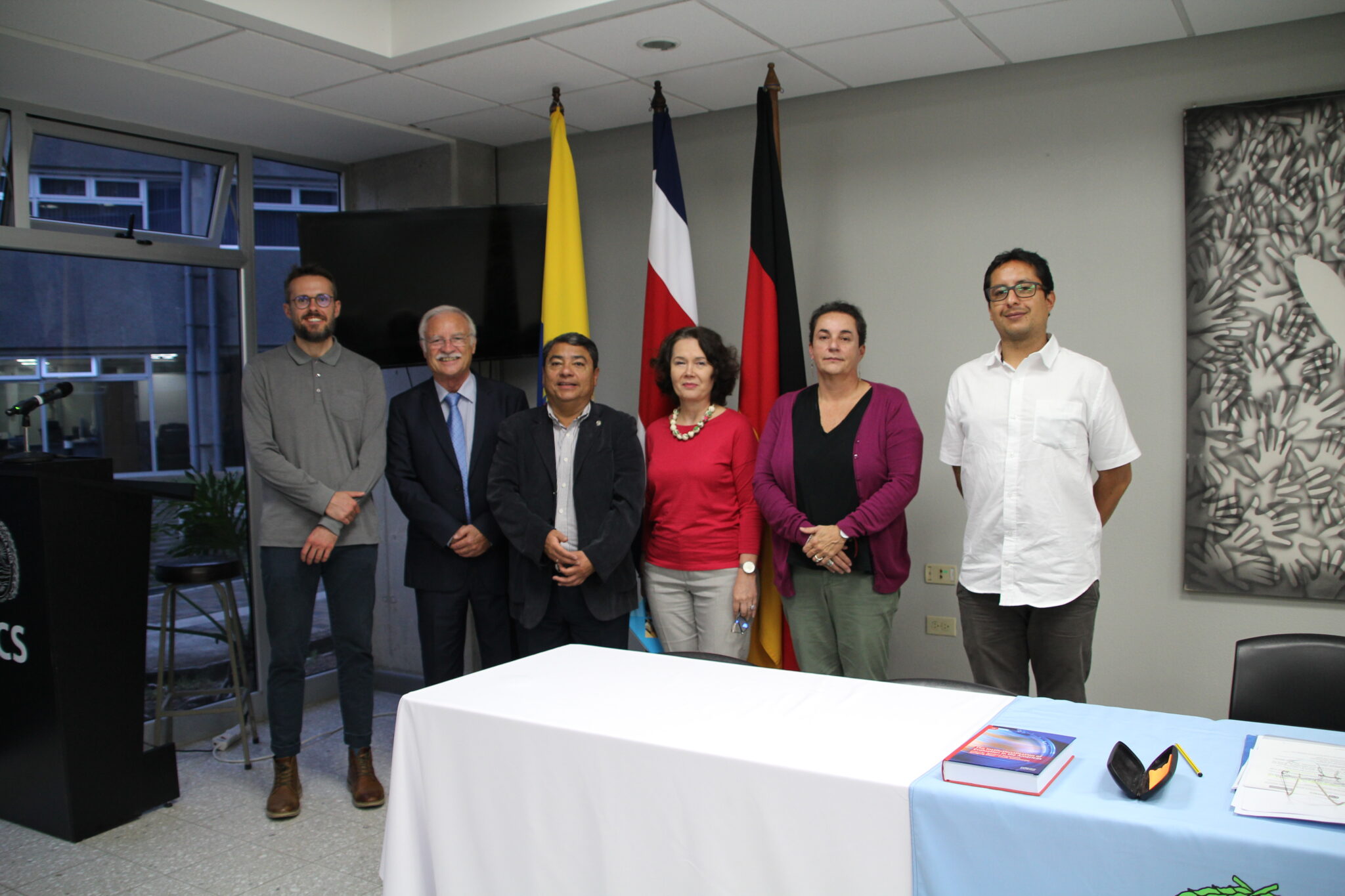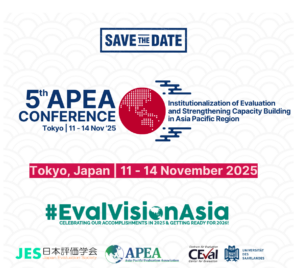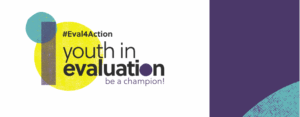Strengthening evidence-based policy through University Cooperation:
At the end of their university cooperation, funded by the DAAD (German Academic Exchange Service), the Pontifical Catholic University of Ecuador (PUCE), the University of Costa Rica (UCR) and the Center for Evaluation (CEval) of Saarland University (UdS) held a conference on November 23 & 24, 2022 in San José/Costa Rica on the topic: “Strengthening evidence-based policy through university cooperation”.
The conference focused on two main topics: First, an overall balance of the cooperation between the UdS, PUCE (since 2017) and UCR (2007) was drawn and recommendations for the future were developed. Relevant milestones were: 1. joint reform of the Programa de Posgrado en Evaluación de Programas y Proyectos de Desarrollo (PPEPPD) at UCR, 2. development of an evaluation course in blended learning format together with the Centro de Investigación y Capacitación en Administración Pública (CICAP) and PUCE, 3. development of several training formats for different target groups, offered by CICAP, 4. conduct two pilot evaluations with young graduate students from UCR (one evaluation of the Oficina de Atención y protección a la victima program and one evaluation of the community services of Barva, Santa Bárbara and Aserri), 5.jointly conduct several conferences and workshops, 6. establishment of a network of Latin American universities offering education and training in evaluation, 7. development (still ongoing) of quality standards for teaching in evaluation, 8. supervision of master’s theses and disser-tations, and last but not least, 9. publication of four textbooks.
In addition, the role of university collaborations as an instrument of evaluation capacity-building was illustrated and discussed. The central hypothesis was that university cooperation in the framework of North-South and South-South cooperation can have a significant social and politi-cal impact and should play a more important role in development cooperation.
The second topic dealt with the role of evaluation at the turn of the times, which is characterized by the Corona pandemic, wars (one of them in the middle of Europe), growing poverty and new lines of conflict. These no longer run predominantly in an East-West or North-South direction, but are characterized above all by competition between democratic versus authoritarian/dictatorial systems. The second conference topic thus focused on the question of what role evaluation should play in this newly constituted world. The starting point were the results of the “Evaluation Globe” project (see also here), which analyzes the institutionalization of evaluation in the political, social and professional system in a worldwide context. The focus was on the findings on the countries studied in North and South America compared to the countries in Eu-rope and Asia.
Speakers and discussants included representatives of academia, funding agencies, civil society, and policy makers from Costa Rica, Ecuador, and Germany.
